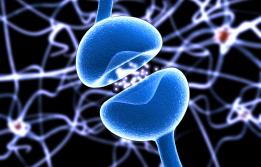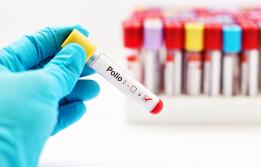Clinical Neurophysiology
Description
During their first year, residents carry out general and specific training. Basic training in neurophysiology requires residents to rotate through Neurology and Neuropaediatrics. In addition, residents can undertake optional rotations in Intensive Care Medicine, Neurosurgery, Ophthalmology, ENT, Rehabilitation and Psychiatry.
Throughout this period, residents also work in Outpatient Clinics in both Neurology and Neuropaediatrics in addition to working on the wards.
Aside from this, residents master clinical processes of electroencephalography, both for children and adults, polysomnography, electromyography and evoked potential tests.
In the third year, doctors’ work focuses on electromyography and they complete their training with a rotation in any of the previous units. This is also the case in their final year of training.
The Department's duty shifts are carried out in Neurology, but residents also work with the Sleep Unit. For the rest of the training period, duty shifts in the specialisation are supervised by specialists in coma and brain death, sleep monitoring polysomnography recording and set-up.
Accredited places: 2
Download the Unit training programme
Why specialise at Vall d’Hebron?
- Because we are the largest centre in Catalonia and one of the biggest in Spain, and treat a high volume of patients and the most diverse range of pathologies.
- Because we have a Multidiscipline Sleep Disorders Unit.
- Because we integrate the areas of Paediatric Pathology and the Neonatal Intensive Care Unit into our work.
- Because we are committed to quality teaching, and offer shifts in the specialisation to gain competency in emergency therapeutic decision-making, special polysomnographic studies, intraoperative or long-term epilepsy monitoring.
- Because our experience and commitment to neuromuscular pathology and electromyography has made us a leader in the field.
- Because we are also leaders in treatments for spinal cord injuries, neurocritical patients, epilepsy and electroencephalography, evoked potential tests and intraoperative monitoring techniques.












